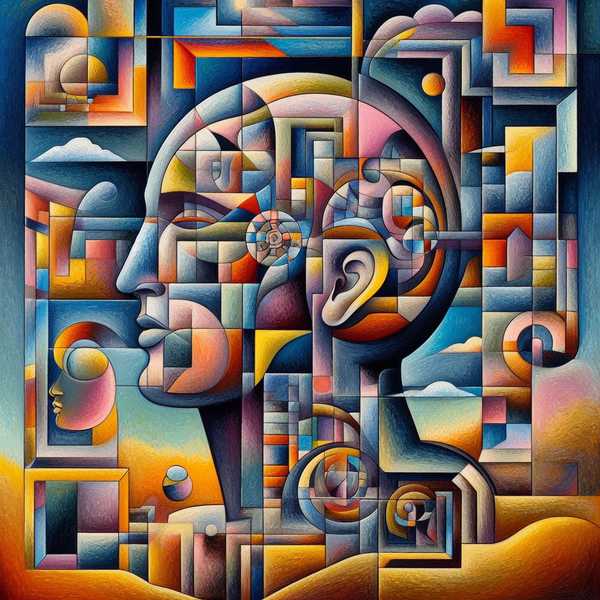The Free Energy Principle is a theoretical framework primarily associated with Karl Friston, a neuroscientist and computational modeler. The principle is an attempt to unify perception, learning, and action under a single mathematical framework. It suggests that all adaptive systems (like the brain) resist a natural tendency to disorder, striving to minimize "free energy," which is mathematically related to concepts like surprise and uncertainty.
In this theory, a system (like the brain) creates a model of the world and uses that model to predict sensory inputs. The difference between the predicted sensory inputs and the actual sensory inputs is referred to as the "prediction error." By acting in the world and updating its model, the system aims to minimize this prediction error, which is equivalent to minimizing free energy.
Here is a simplified breakdown of some key concepts:
Prediction
The brain builds a generative model that attempts to predict future sensory inputs based on past sensory inputs and current states. This model is continually updated.
Prediction Error
The difference between the predicted and actual sensory inputs is the "prediction error." The goal is to minimize this error, effectively making the model's predictions about the world as accurate as possible.
Action
According to the Free Energy Principle, actions are selected to minimize future prediction errors. By interacting with the world, the brain can bring about states that are consistent with its predictions, thereby minimizing free energy.
Learning
Learning occurs when the generative model is updated to better predict future sensory states. This is another way to minimize free energy because a more accurate model will produce smaller prediction errors.
Complexity and Simplicity
The generative model has to balance complexity and accuracy. Too simple a model will make poor predictions. Too complex a model will overfit and also produce errors. Therefore, minimizing free energy can be seen as a way of finding the optimal complexity for the model.
Implications
The Free Energy Principle has far-reaching implications, from basic neuroscience to psychology, philosophy, and even artificial intelligence. However, it's worth mentioning that while the principle is widely discussed and debated, it's still a topic of ongoing research and not universally accepted.
Understanding the Free Energy Principle requires a grasp of various disciplines like statistics, thermodynamics, neuroscience, and machine learning. It's a complex and often abstract principle but offers a compelling way to understand how complex systems like the brain operate.
